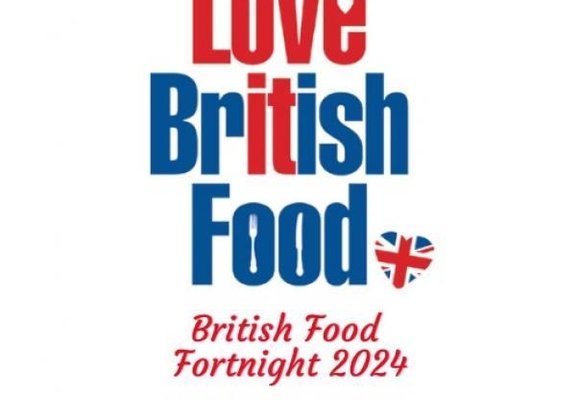Sustainability and climate change are becoming increasingly important issues to confront. They require action at every level. Reducing food waste is one of the most pressing issues, and the guide explains the current landscape with regards to how policies and initiatives, like the Courtauld Commitment, are affecting the drive towards a zero waste economy.
Many businesses are not aware of the true costs of food waste, from the cost of uneaten food to those incurred by its collection and disposal. The guide covers every step of the food’s life cycle within a modern catering environment and offers advice on how to optimise your process in order to reduce waste as much as possible, from menu design, storage and preparation to portioning, and how to handle unpreventable waste.
It includes information about best practice for site evaluations, as well as guides to the available equipment solutions. Also covered is information about the importance of correct installation and maintenance of new equipment, and also how to ensure your staff are fully trained in any new procedures these initiatives require.
These changes can seem overwhelming, which is why the guide also includes case studies, setting out what needs to be done for a diverse range of businesses, from small cafes to large industrial caterers. The case studies also demonstrate the real reduction in costs these businesses have seen since implementing new waste disposal protocols, showing the concrete benefits they have gained.
The guide is available to download now from the Info Hub on CESA’s website, which can be accessed via the information tab on the home page.
The Catering Equipment Suppliers Association (CESA) is the authoritative voice of the catering equipment industry, representing over 190 companies who supply, service and maintain all types of commercial catering equipment - from utensils to full kitchen schemes. For more information on CESA visit www.cesa.org.uk.










